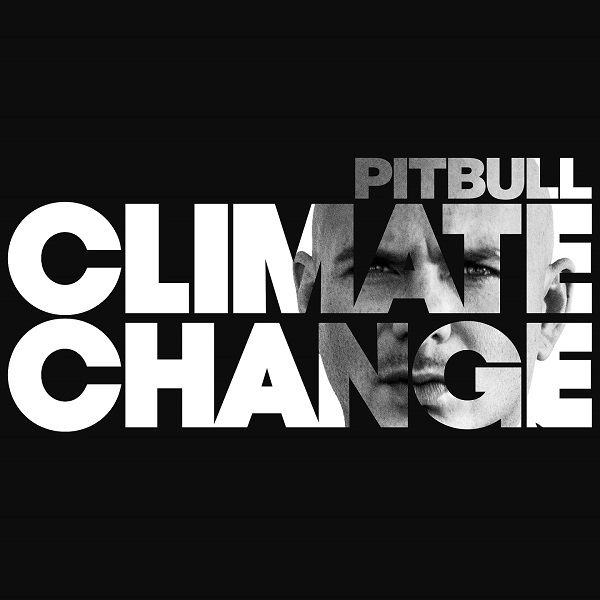As scientists warn our planet is warming at an unprecedented pace, the words “climate change” remain absent from the mouths of some leading politicians. But in the midst of one of the most heated political crises of our time, an unlikely hero has emerged.
That hero is Pitbull.
Climate Change, Pitbull’s 10th studio album, boasts an ironic — yet somewhat fitting — title, as the Miami native named his 2012 release Global Warming. While the album is rich in its collaborations with other high-profile artists, Pitbull tests his genre-bending ability, allowing for the album’s overproduced tracks to dominate the release.
Outside its title, Climate Change is unsurprisingly apolitical, as Mr. Worldwide’s fixation on partying is as robust as it was at the inception of his career. Hailing from a state where environmental officials are banned from using the terms he has transformed into such creative album titles, Pitbull briefly reminds listeners to remain critical of rules promulgated by the government on the album’s first track, “We Are Strong,” as he rhymes: “Politicians want to politick and politrick/ That’s why I call this shit politricks.” Leave it to Pitbull to capture our generation’s disillusionment.
“Dedicated,” featuring R. Kelly and Austin Mahone (remember him? I thought we left him in 2012) sounds like a poor copy of Justin Bieber’s “Let Me Love You,” with Mahone’s feature only completing the Bieber knockoff.
Pitbull is a rapper known for his ability to spit rapidly, almost mesmerizing the listener. However, his voice is best lent to music that needs this type of amplification. Simply put, a toned-down approach from the Florida hit-maker would serve the type of dance-oriented music on this release well.
“Bad Man,” a song that features Robin Thicke, Joe Perry and Travis Barker, is a prime example of the album’s tendency to steer away from innovation and towards overproduction. The song’s melody becomes difficult to pinpoint, as Pitbull attempts to rap over an excessive electric guitar solo while Thicke — failing to do his vocals justice — annoyingly chants.
The album banks on pop music’s newest obsession with dancehall-lite tropical house music, borrowing nearly every effect employed on your typical Kygo or Thomas Jack single, from staccato xylophone beats to fake pan flute. However, Pitbull’s attempt to emulate the success of other artists is not flattering. Rather, it is uninspired and clumsily put together.
Climate Change attempts to emerge as an innovative rap album, but instead comes off as insecure. At a bar and perhaps under the influence in your home, it may do the job, but for an album named after something so significant, Climate Change fails to introduce something unique into hip-hop.




